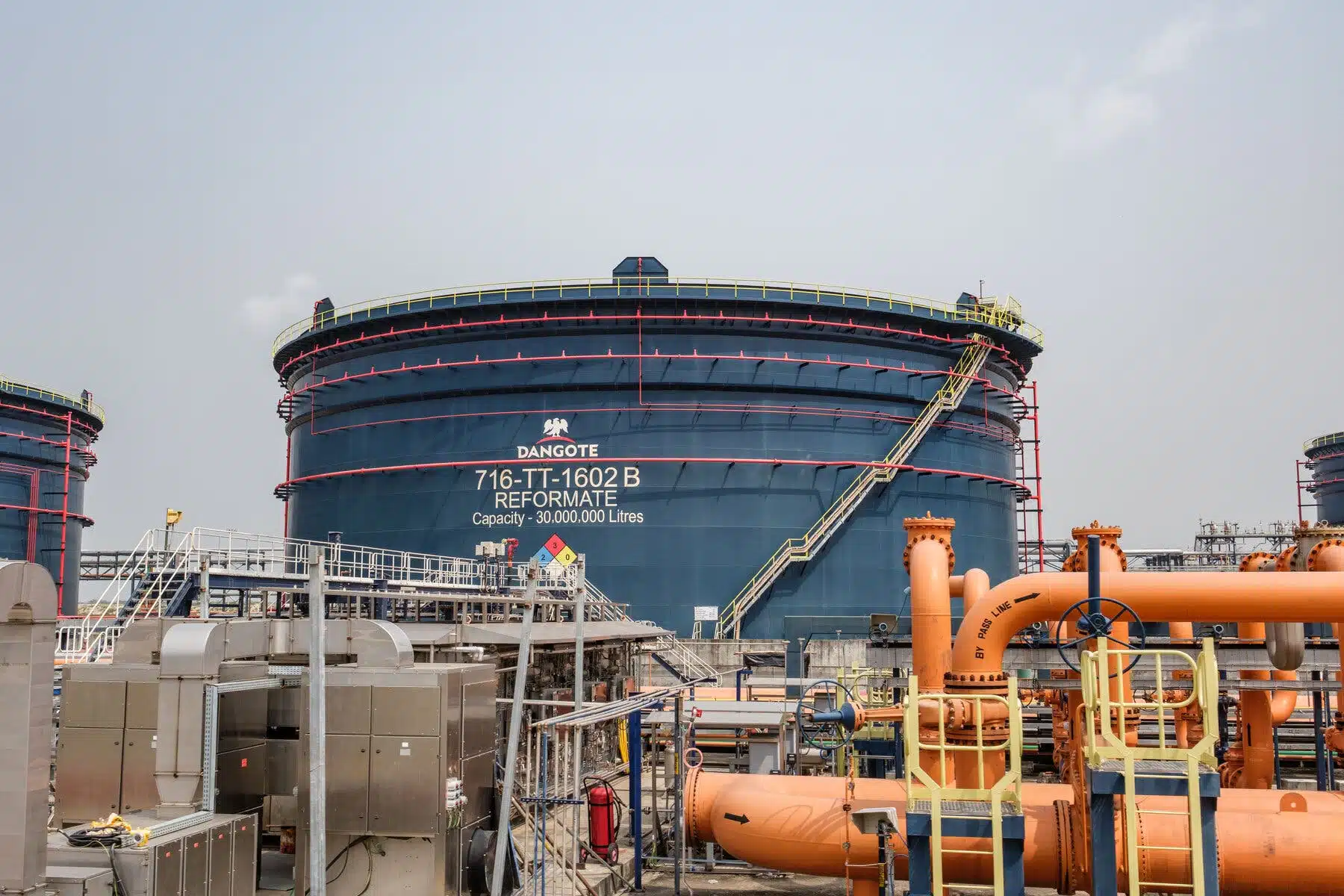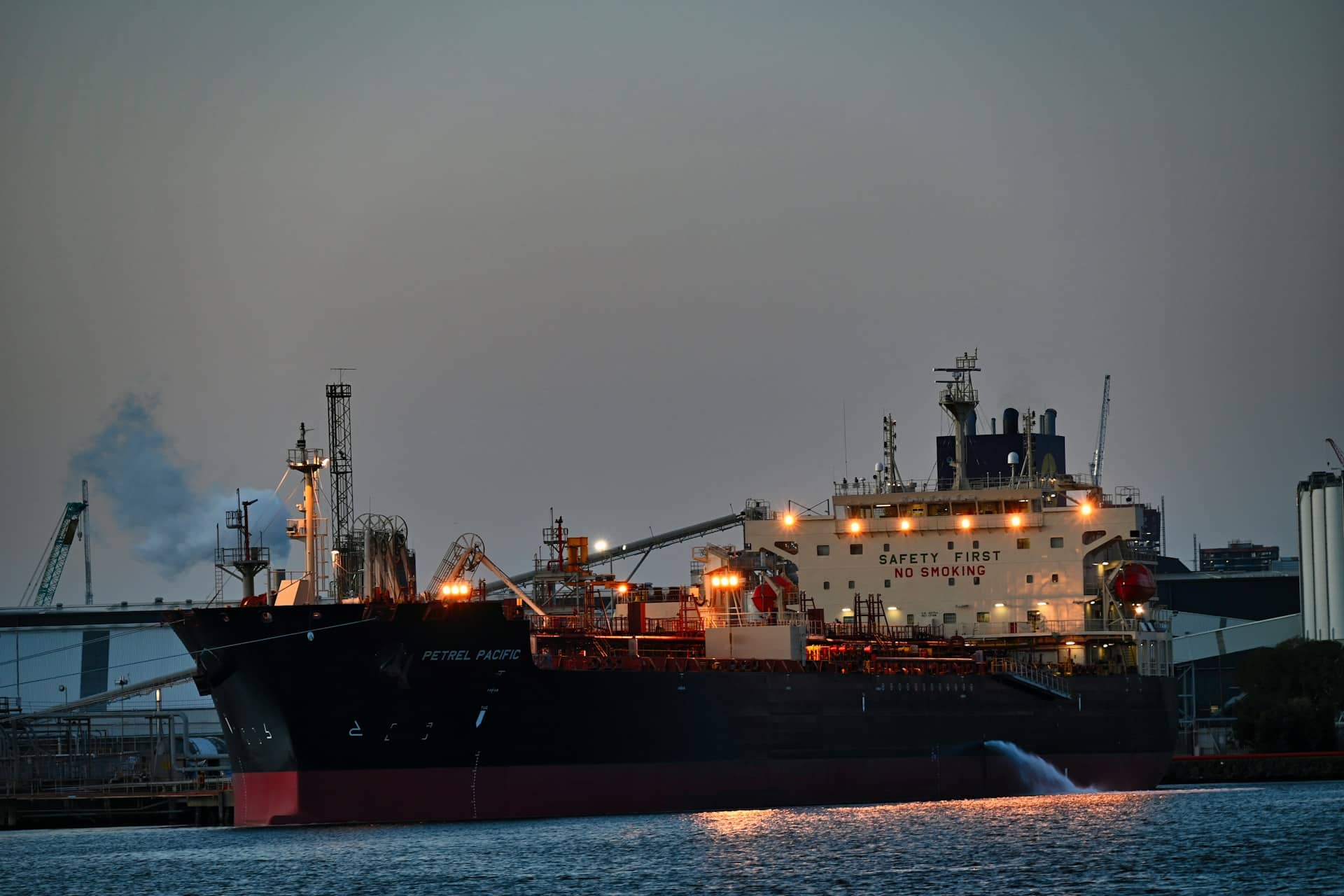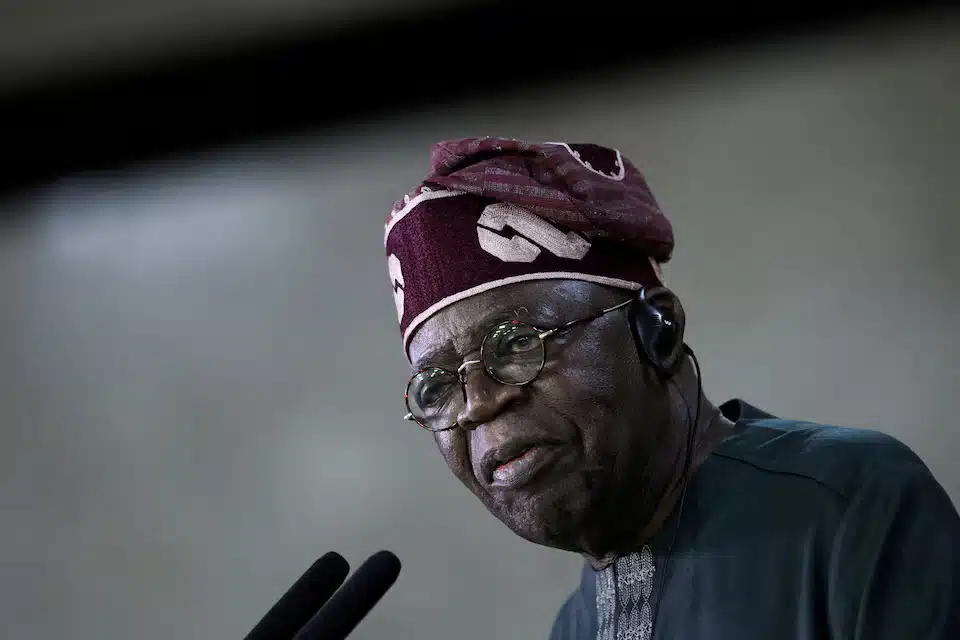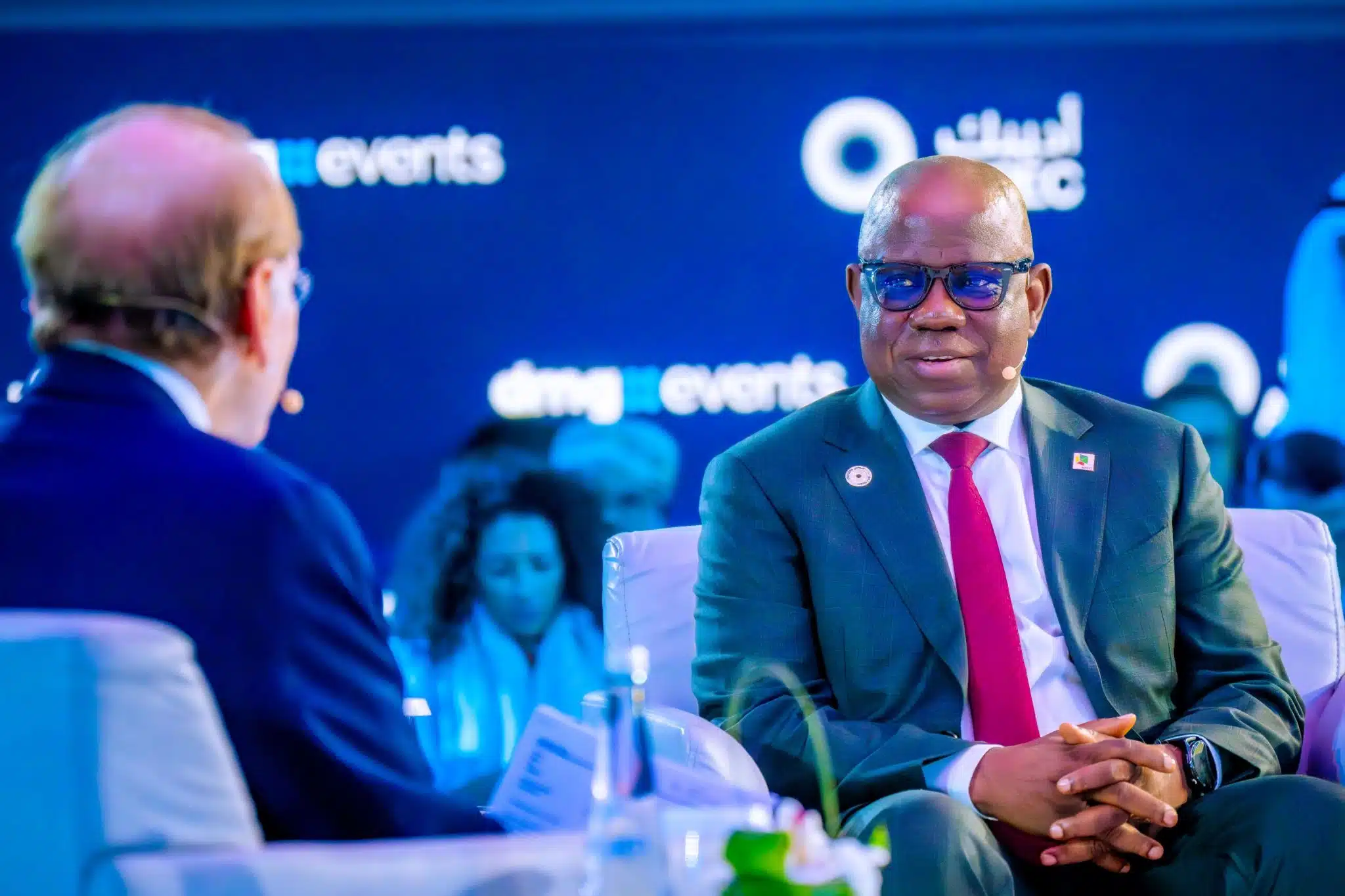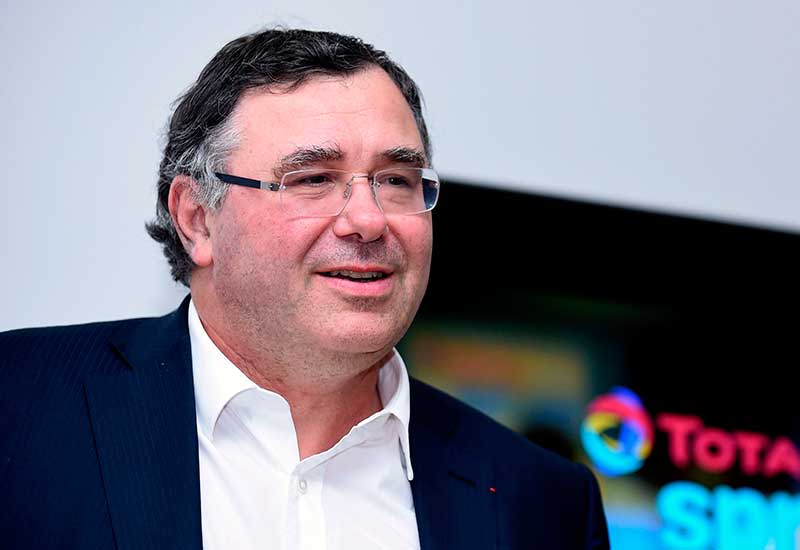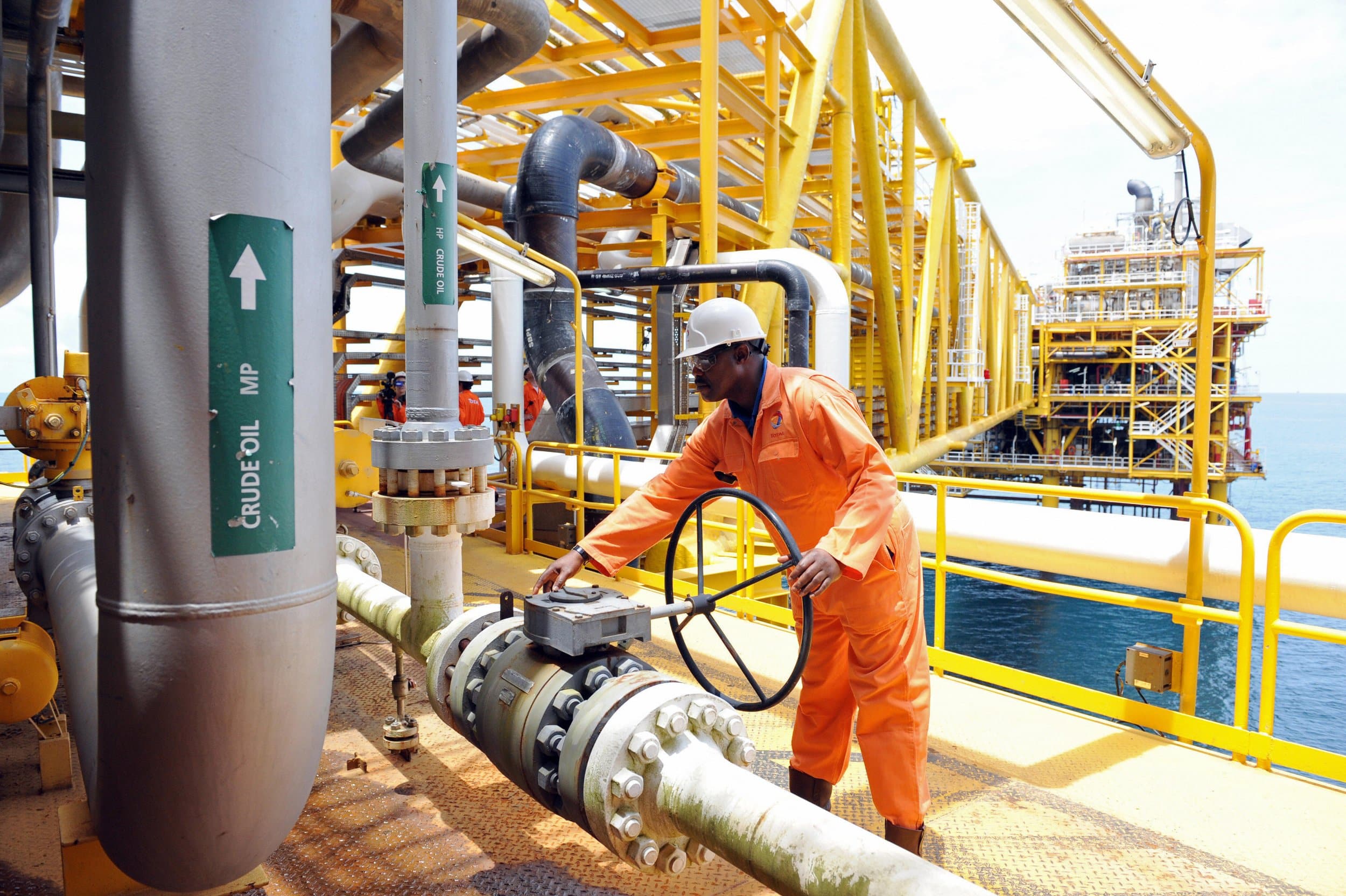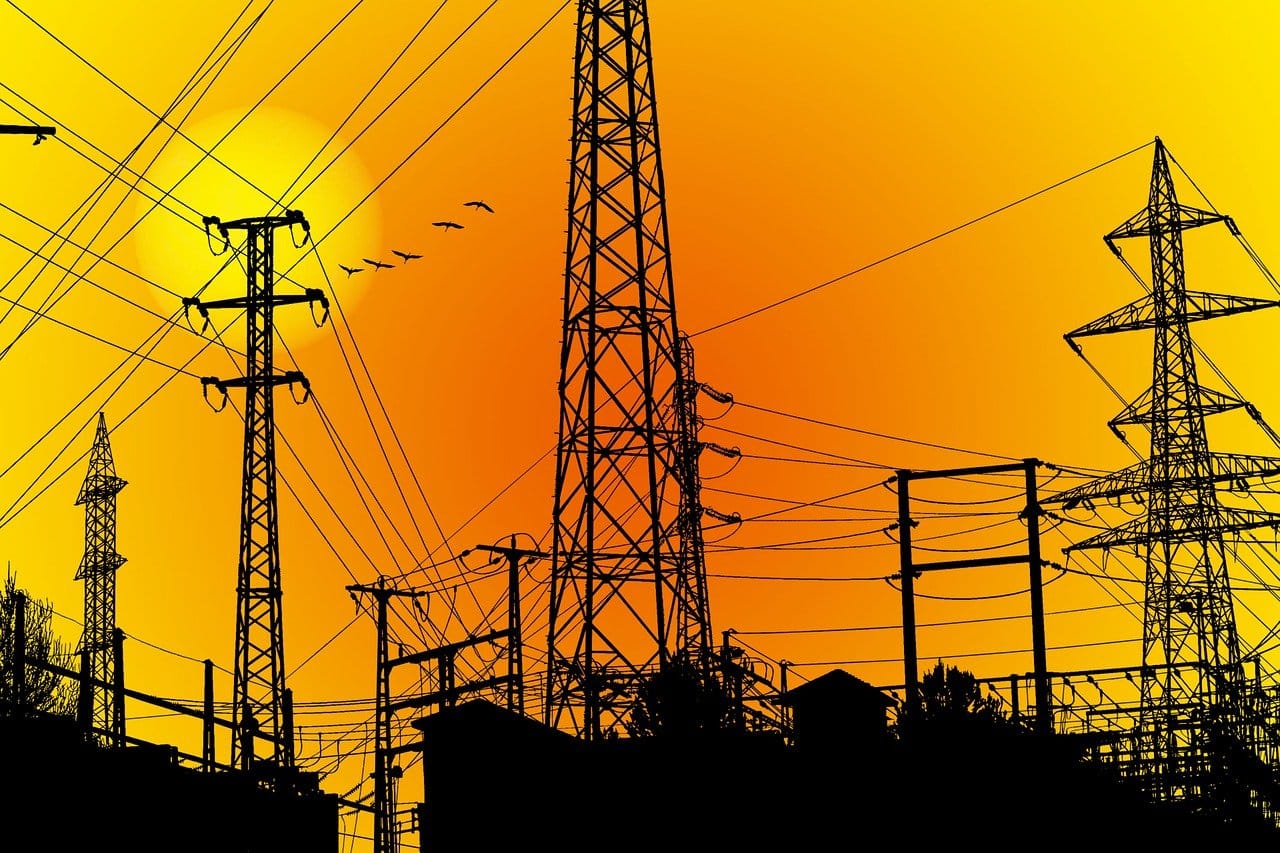When the Africa Energy Bank (AEB) was announced in 2023, it sparked widespread optimism.
Backed by the African Petroleum Producers Organization (APPO) and Afreximbank, the $5 billion supranational lender was billed as a game-changer—designed to transform energy financing in Africa.
With its headquarters slated for Abuja, Nigeria, Africa’s top oil producer, the AEB was envisioned as a financial lifeline for energy projects at a time when global lenders were turning away from fossil fuels.
Yet, two years on, the treaty-backed institution exists only on paper. Its stalled take-off has come to symbolize a deeper reality: Africa’s path to energy independence is less a sprint than a slow, uneven journey.
This article unpacks the story—how the idea began, the milestones along the way, and the current state of this ambitious but elusive project.
A bold vision, stuck in limbo
In recent years, Africa has become the focus of a fresh wave of drilling campaigns. In 2024 alone, the continent attracted over $13 billion in new oil and gas investments.
Many multinational oil players describe Africa as the “last great hydrocarbon frontier”, whilst the people of the continent see it as one of the few bargaining powers they have got.
But whatever name it is called isn’t as important as the question of who will fund development of these resources—especially several high-impact projects in places like Namibia, Angola and Libya— in the next coming years.
Globally, the call for energy transition is ringing loud, leaving only a few bold Western financial institutions willing to continue funding hydrocarbon projects in Africa.
This threatens to leave fossil-reliant African nations stranded sooner or later unless local, proactive measures are taken.
The AEB was conceived as a response to this global retreat from fossil fuel financing. It is expected to serve as a key financing vehicle for Africa’s energy security and transition plans.
The bank aims to finance infrastructure that ensures reliable and affordable energy while supporting the African Union’s Agenda 2063 and the UN Sustainable Development Goals.
The AEB would fill that void, financing everything from gas pipelines to green hydrogen projects, while also supporting the continent’s gradual transition to renewables.
Yet, despite its backers’ vocal commitment and the pledges of member states like Nigeria, Angola, Ghana, and Algeria, the bank’s launch has been repeatedly postponed.
Within the last two years, the bank’s launch has been moved at least two times.
The launch was originally set for September 2024.
It was later moved to Q1 2025, and later further to June 2025, which is now two months behind us.
The energy paradox and reality
Africa’s energy story is one of paradox; rich but poor.
The continent holds 125 billion barrels of oil and 650 trillion cubic feet of gas, yet over 600 million Africans lack access to electricity.
For years, the practice amongst African countries has been to export cheap oil and gas in return for expensive refined products imports.
Countries like Nigeria and Ghana continue to flare billions of cubic feet of gas annually while rural communities cook with firewood.
The AEB was supposed to bridge this gap by mobilising capital to empower local energy firms and reduce dependence on foreign donors.
But its delay underscores a deeper issue.
Africa’s energy ambitions are often undermined by fragmented policies, weak regional coordination, and a lack of urgency.
The AEB isn’t the only pan-African initiative to face headwinds. The African Continental Free Trade Area (AfCFTA), launched in 2021, has struggled to harmonise trade rules.
Regional power pools remain underutilized. And while the African Development Bank has invested billions in energy, progress has been slow and uneven.
The challenge, many say, lies in reconciling continental dreams with national realities.
Energy independence requires cooperation, but many governments prioritise domestic agendas over regional integration.
The AEB’s stalled rollout reflects this tension.
Big but slow steps towards the dream
Although the launch date for AEB has been delayed several times, reasonable progress has been made as far as the initiative is concerned.
As of April 3 this year, only 44% of the required funds had been paid by APPO’s 18 member countries comprising: Algeria, Angola, Benin, Cameroon, Chad, Congo, DR Congo, Côte d’Ivoire, Egypt, Ghana, Equatorial Guinea, Gabon, Libya, Namibia, Niger, Nigeria, Senegal and South Africa.
Each member is required to contribute a minimum of $83 million, whilst Nigeria commits up to $100 million to host the bank’s headquarters.
Assuming all member countries contribute their quota, that should round up to roughly $1.5 billion.
Both Afriximbank and APPO say they will match the sum to bring it up to the required initial capitalisation of $5 billion.
But that’s not all for the bank which targets an asset base of $120 billion by 2030. Afreximbank has also pledged billions of dollars in exposure to boost efforts to finance oil and gas projects across the continent.
“As members of APPO, we are in partnership with Afreximbank, which during our last meeting disclosed that it has an exposure of nearly $14 billion,” Lokpobiri said Nigeria’s oil Minister Heineken Lokpobiri at the 2025 Offshore Technology Conference (OTC) in Houston in May.
“This amount, along with an additional $5 billion as the initial take-off capital, will be transferred to the African Energy Bank—bringing the total to over $19 billion,” he said
Feud between APPO and Afreximbank
Another key factor limiting the successful takeoff of the Africa Energy Bank has been the delay by APPO to transfer equity subscription funds from member countries to Afreximbank.
APPO Secretary-General Omar Ibrahim in June refused to do so, insisting the funds would only be moved after the bank had launched, headquarters selected, and appointment of a President.
“On our part, we cannot unilaterally transfer what is in an escrow account that we do not fully control to Afreximbank,” Farouk said.
“The day we agree on a launch date, after securing the headquarters, and hiring a President, APPO and its member countries shall transfer all the funds in their accounts to the account of AEB.”
On the contrary, Afreximbank has disagreed with Farouk, saying such a condition could jeopardise the formal establishment of the bank.
“The payment of equity subscription funds into the AEB Equity Investment Account, as a deposit toward share subscription, is an absolute condition precedent to establishing AEB, ” Afreximbank stated in a letter.
“Without the funds being paid into the AEB Equity Investment Account, we will not be able to formally confirm who the shareholders are for share allotment, or whether indeed, there are prospective shareholders.”
It further stated that “without the fund, the first General Meeting cannot be convened, as there would be no pioneer shareholders.
Also, “establishment actions set out in the AEB establishment agreement and charter, cannot be taken; board cannot be elected; a President cannot be appointed; and ultimately there would be no Africa Energy Bank.”
To resolve this dispute, Afreximbank has requested compliance with the Establishment Agreement and Charter of AEB to expedite the project’s launch.
Article 45.1 (a) of the charter which sets up the bank is said to state that:
“Shares corresponding to a nominal value of one billion, two hundred and fifty million ($1,250,000,000) of the initial authorised share capital have been subscribed and paid for in accordance with the provisions of this Charter by at least two ) eligible subscribers.”
Afreximbank warns until this prerequisite step is taken, the inaugural General Meeting will not convene.
A glimmer of hope—or a missed opportunity?
Funding challenges can be said to be the key reason why the AEB is yet to veer off, however many of its proponents remain optimistic.
Professor Benedict Oramah of Afreximbank has called the AEB a “historic opportunity” to reshape Africa’s energy future.
Nigeria’s Petroleum Minister, Senator Heineken Lokpobiri, insists the bank is still on track and will be a “pillar of energy sovereignty.”
But optimism alone won’t build power plants or fund pipelines. Without decisive action, the AEB initiative, however well-intentioned, risks being lost in the shuffle of continental politics.
Bureaucratic delays, inconsistent funding, and political hesitations have not only slowed progress; they show that Africa still needs international collaboration for it to thrive in its fossil energy development.
If the continent is serious about lighting up homes, powering industries, and transitioning to cleaner energy, it must move faster, coordinate better, and invest smarter.



